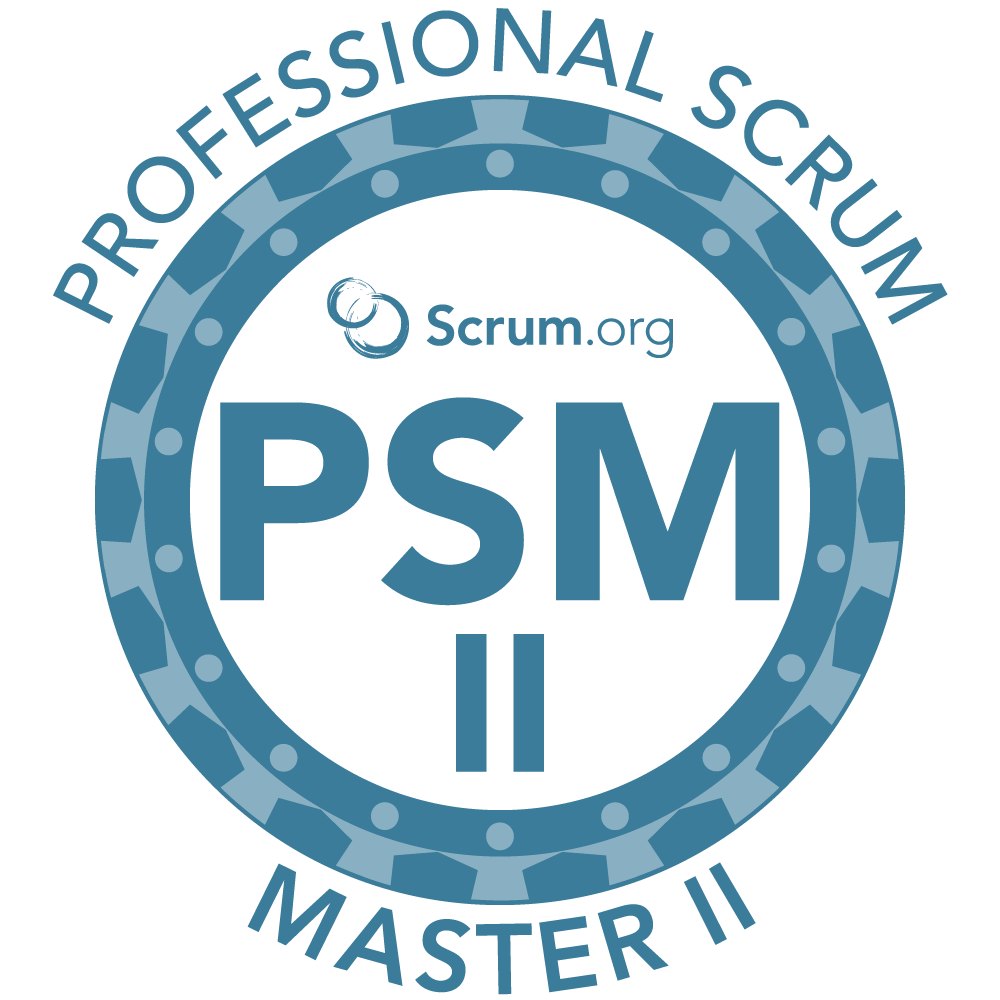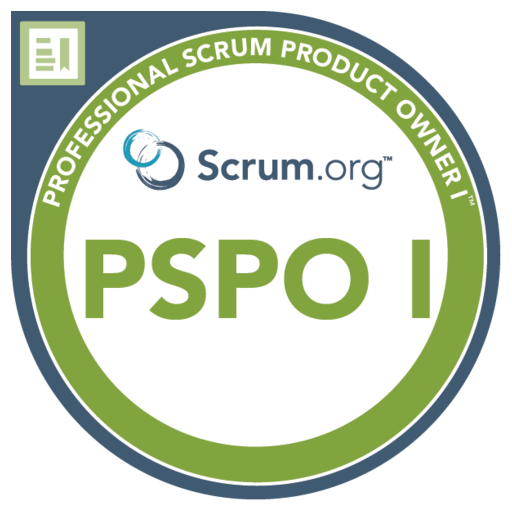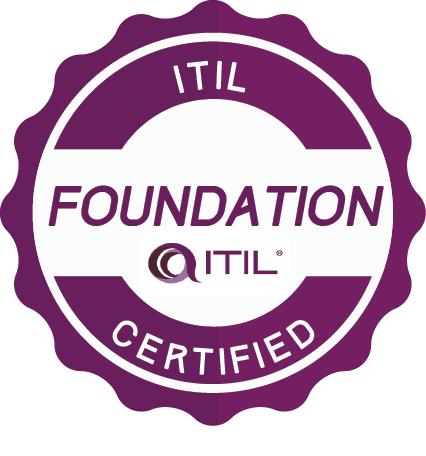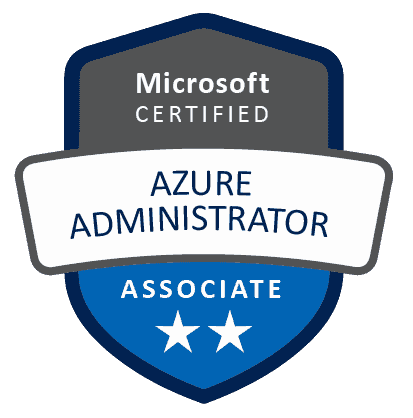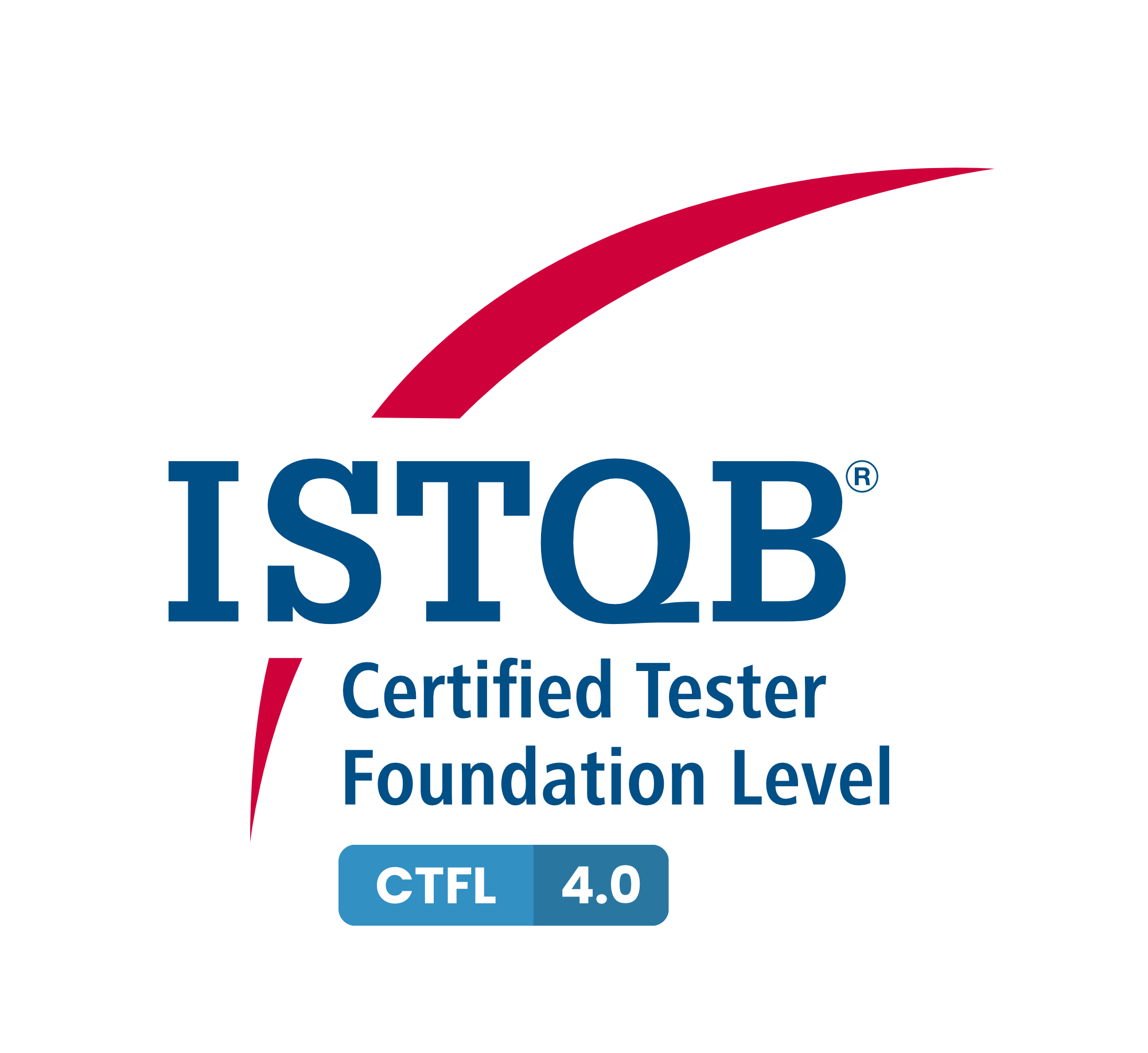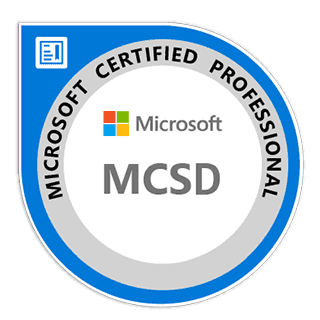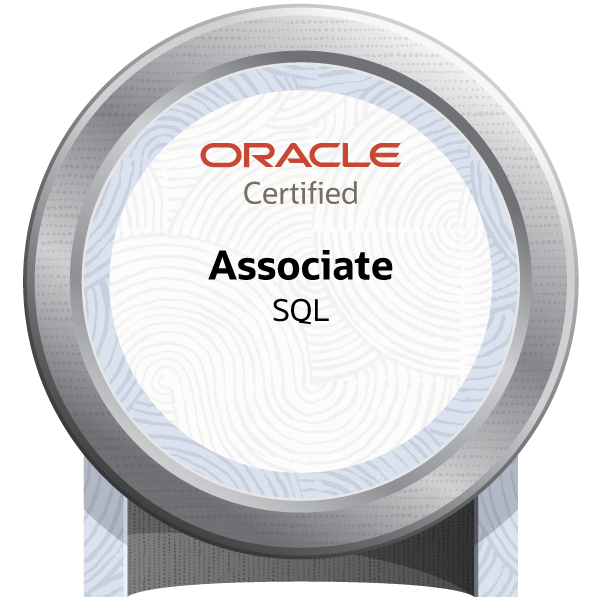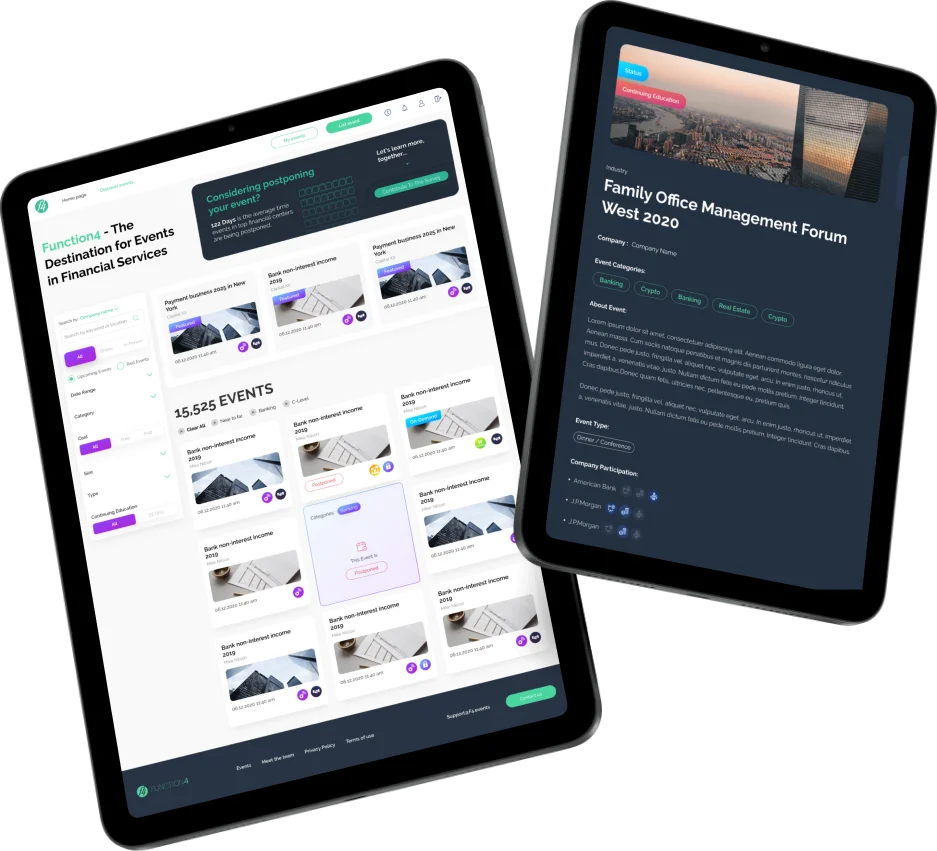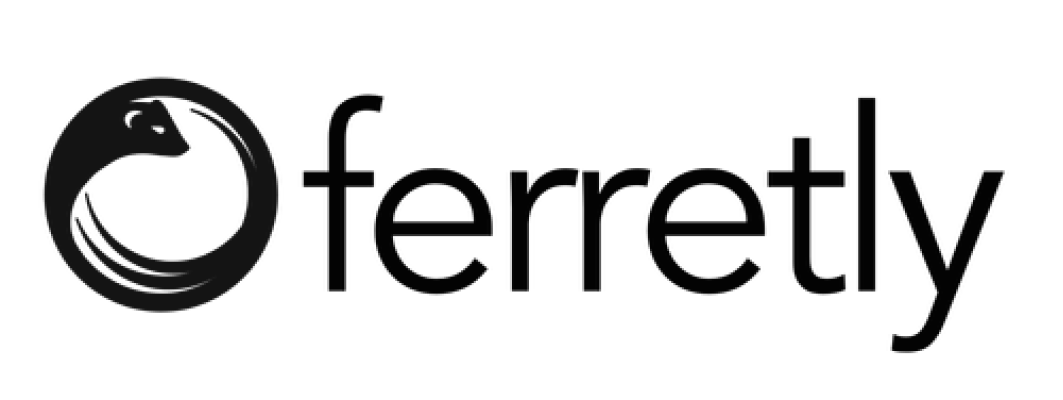Store health records on blockchain with each entry timestamped and unalterable once recorded, ensuring data integrity and preventing unauthorized alterations. You will empower patients to control who can access their health data, enhancing privacy and compliance with data protection regulations. Our developers will create a secure infrastructure for storing and managing electronic health records (EHRs) on a blockchain, ensuring the system supports data encryption and is compliant with healthcare regulations (like HIPAA).

Blockchain for Healthcare Development Company
Blockchain for Healthcare Development Services
It’s possible to apply blockchain in medical field in a way to tackle a number of earlier existing pains and provide technological solutions for each of them. Learn what Devox can help you with.
-
Patient Data Management
-
Supply Chain Management
Boost transparency and traceability of medical supplies and pharmaceuticals. You will prevent theft, counterfeiting, and tampering with medications and medical devices. You will also facilitate recalls and tracking of products’ lifecycles, ensuring that only safe and approved items are used in patient care. During development, we make tailored smart contracts that automatically update the ledger at each step of the supply chain, which is how transparency is provided.
-
Clinical Trials and Research
Leverage blockchain smart contracts’ security and integrity to elevate the experience of clinical trials and medical research. As data from clinical trials is recorded on blockchain, it becomes tamper-proof and time-stamped, preventing retrospective alterations that could compromise the study’s validity. We build a system that safely stores this data, employing smart contracts that manage consent and compliance with trial protocols.
-
Medical Credentialing
Streamline the medical credentialing process by providing a single, immutable record of a healthcare professional’s qualifications, certifications, and career history that can be accessed and verified by hospitals, clinics, and regulatory bodies in a moment’s time. Apart from the decentralized database, our devs will work on interfaces and APIs for real-time verification of credentials by hospitals and clinics, reducing the administrative burden and potential for fraudulent qualifications.
-
Health Insurance Claims Processing
Automate and secure the health insurance claims process through smart contracts that execute tasks like verification of claims, calculation of reimbursements, and payment processing based on predefined rules and criteria. You will leverage a level of transparency that minimizes potential fraud and lets all the related parties (providers, insurers, and patients) track the status and history of claims in real time.
-
Consent Management
Ensure compliance with regulations like GDPR and HIPAA and give patients greater control over their personal information with ease: with a tailored user interface for patients, blockchain can serve as a solution for latter to grant, deny, or revoke consents, with a firm ensurance these consents are logged immutably. During development, Devox also integrates these systems with existing healthcare databases to enforce the consents in real-time.
-
Internet of Medical Things (IoMT)
Devox professionals can integrate IoT with blockchain, forming the Internet of Medical Things (IoMT) to enhance the security and reliability of data from connected medical devices. These solutions ensure that data from devices like wearable health monitors or embedded sensors (heart rate monitors, glucose monitors, etc.) can be securely collected, stored, and shared via blockchain.
Benefits of Custom Blockchain for Healthcare Development
Blockchain technology for healthcare helps address medical and treatment industries’ historical paints and live up to the Hippocratic oath better: they tackle complexities regarding medical secret, patient’s convenience, security and compliance.
-
Medical Secrecy and Privacy Empowered
Reduce the risk of large-scale data breaches and protect patient data from cyber threats, fostering confidentiality and security. The decentralized nature of blockchain means there is no central point of failure, while its inherent design employs advanced cryptography to secure data, making it extremely difficult for unauthorized parties to alter or access sensitive information.
-
Have Your Data Reliable
Make use of blockchain’s immutable nature to maintain the integrity of medical records, lab results, and clinical trial data, ensuring that all healthcare decisions are based on reliable and unaltered information. once data is entered, it cannot be altered, providing a verifiable and permanent record; it also helps prove medical credentialing, minimizing the risk of fraudulent credentials entering the healthcare system and ensuring that only qualified professionals provide care.
-
Make Your Information Operable
Contribute to the continuity of care and communication between various healthcare systems, especially for patients visiting multiple specialists or transferring their care to a new facility. By using a standardized, unchangeable ledger to store health records, blockchain enables different healthcare providers to access accurate and up-to-date patient information securely. It facilitates a seamless exchange of information, eliminating inconsistencies and gaps in patient health records.
-
Eliminate Unnecessary Expensiveness
Make numerous administrative processes in healthcare, such as billing, medical records management, and compliance with regulations simpler. By automating these processes with smart contracts, blockchain minimizes the need for intermediaries and reduces manual handling, which can be time-consuming and prone to errors. You will not just cut down administrative costs but also speed up transactions like insurance claims processing, harnessing more efficient healthcare delivery.
-
Empower the Patient
Provide a patient-centered approach that not only enhances privacy but also engages patients more actively in their healthcare management. Blockchain gives patients more control over their medical records, allowing them to manage who has access to their health data and for what purpose. It aligns with global trends towards personalized medicine and informed consent, where patients are becoming key decision-makers in their treatment plans.
-
Keep it Honest
The transparency and auditability of blockchain reduce opportunities for fraud in healthcare, particularly in billing and insurance claims. Each transaction on a blockchain is recorded transparently and cannot be changed, which makes it easy to track and verify. This helps prevent fraudulent activities such as billing for non-rendered services or duplicating claims, thereby saving costs and increasing trust among all stakeholders.
-
Harness Full Regulatory Compliance
Comply with stringent data protection laws, such as HIPAA in the U.S. or GDPR in Europe, easily by design. Compliance is simplified as blockchain's features naturally align with many of the principles these regulations advocate, such as data integrity, security, and patient's rights to access their own medical record - all growing from transparent and immutable record-keeping processes.
Key Features of Custom Blockchain for Healthcare
Distributed Ledger Technology (DLT)
At the heart of blockchain is the distributed ledger, a decentralized database maintained by multiple participants (nodes) in different locations. This ledger records all transactions across the network in a transparent and immutable manner, making it nearly impossible to alter data once it has been recorded.
Cryptography
Blockchain uses advanced cryptographic techniques to secure data transactions. Each transaction is encrypted and linked to the previous transaction using cryptographic hashes. This ensures that data within the blockchain remains secure and tamper-proof.
Consensus Mechanisms
To validate transactions, blockchain networks employ consensus mechanisms, which are protocols that ensure all nodes in the network agree on their validity. Common consensus mechanisms used in healthcare blockchains include Proof of Work (PoW), Proof of Stake (PoS), and Practical Byzantine Fault Tolerance (PBFT).
Smart Contracts
These are self-executing contracts with the terms of the agreement directly written into code. In healthcare, smart contracts can automate many processes such as claims processing, compliance management, and data access agreements, reducing the need for intermediaries and enhancing efficiency.
Peer-to-Peer Network
Blockchain operates over a peer-to-peer network where each participant (node) holds a copy of the entire ledger, contributes to data validation, and can independently verify and audit transactions. This decentralized nature enhances data security and accessibility.
Identity Verification
Ensuring that only authorized users can access the network is crucial in healthcare. Blockchain incorporates robust identity verification mechanisms to manage and verify user identities, which is essential for maintaining data privacy and compliance with regulations like HIPAA.
Data Encryption
To protect sensitive medical data, blockchain employs data encryption techniques. Data is encrypted before being stored on the blockchain, ensuring that only authorized individuals can access it, even if they gain access to the physical storage.
Interoperability Standards
For healthcare applications, blockchain systems need to adhere to existing healthcare data standards such as HL7, FHIR, and DICOM. These standards ensure that the system can effectively communicate and exchange data with other healthcare systems and technologies.
Industry Contribution Awards & Certifications
Check Devox Software Awards on rating & review platforms among top software development companies and Certifications our team members holds.
- Awards
- Certifications

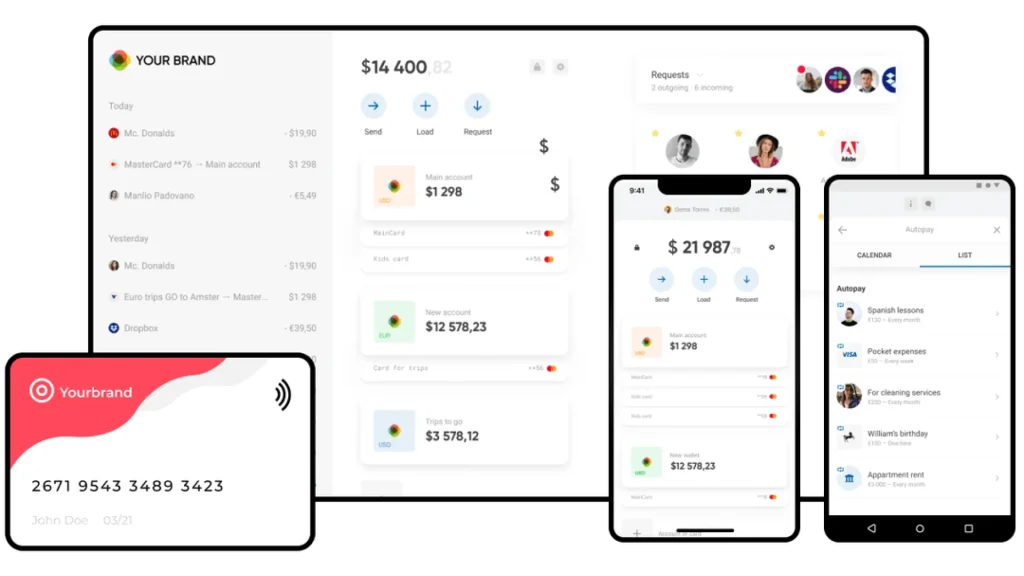
Web3 PaaS Ecosystem for Next-Gen NeoBanking, RegTech, and Secure Data Vaulting
A blockchain-powered PaaS ecosystem enabling financial providers to launch custom neobanking solutions with secure infrastructure.
Additional Info
- Blockchain
- .NET
- Node.js
- AWS
- Docker
- PostgreSQL
- React Native
USA

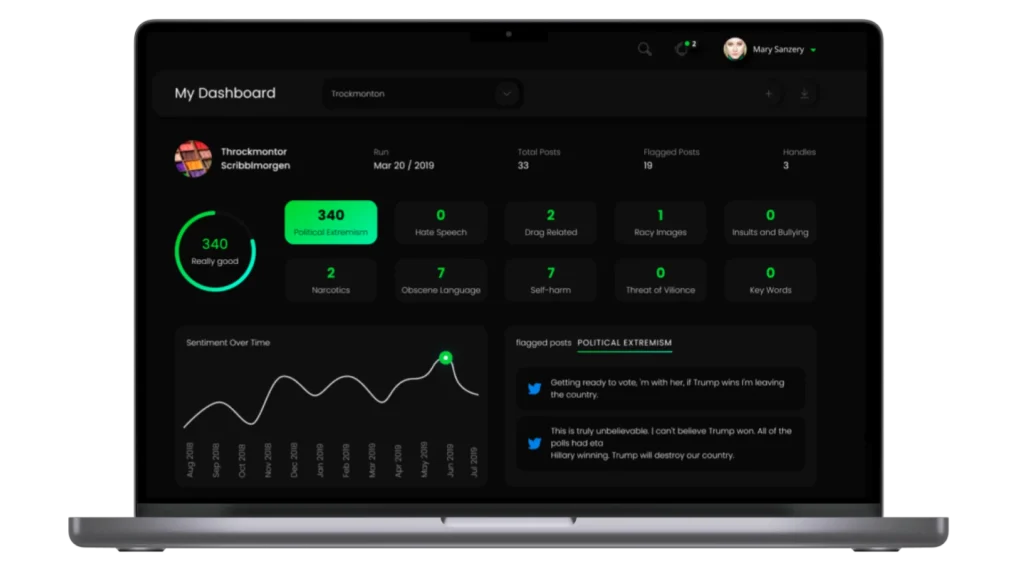
AI-Powered Social Media Background Check Platform for Risk-Free Hiring
An AI-driven platform for HR teams to automate social media background checks and mitigate hiring risks.
Additional Info
- .NET Core
- Angular
- Azure
- Docker
- GitLab CI/CD
- Selenium Web Driver
USA
Testimonials
FAQ
-
What is blockchain technology and how does it benefit healthcare?
Blockchain technology is a decentralized digital ledger that securely records transactions across multiple computers. In healthcare, it enhances data security, increases the integrity of medical records, and improves interoperability among different health systems.
By using blockchain in healthcare, medical providers can ensure that patient data is private, consistent, and accessible only by authorized parties. This technology also reduces administrative costs and helps in maintaining compliance with health data protection regulations.
-
How can blockchain improve patient data management?
Blockchain for healthcare data provides a secure and immutable platform for patient data management, ensuring that health records are accurate and tamper-proof. It enables a unified system where data from various healthcare providers can be stored and accessed securely by authorized personnel. Patients can control who accesses their data, improving privacy and compliance with data protection regulations. Additionally, blockchain’s decentralized nature eliminates single points of failure, enhancing data availability and reliability.
-
What are smart contracts and how are they used in healthcare blockchain applications?
Smart contracts are self-executing contracts with the terms of the agreement directly written into lines of code. In healthcare, smart contracts automate processes such as billing, claims management, and consent management, reducing manual intervention and errors. They help enforce agreements automatically when predefined conditions are met, ensuring transparency and efficiency. This automation not only speeds up administrative processes but also reduces the potential for fraud and disputes.
-
Can blockchain be integrated with existing healthcare systems?
Yes, blockchain can be integrated with existing healthcare systems. It is designed to enhance, not replace, current systems by improving data integrity and security. Integration involves connecting blockchain networks with electronic health records (EHRs), insurance claims processing systems, and other healthcare management systems. This allows for seamless data exchange and interoperability, helping healthcare providers deliver more coordinated and patient-centered care.
-
What about the privacy and security of health data on blockchain?
Blockchain is inherently secure thanks to its cryptographic encryption techniques and decentralized structure, making it highly resistant to tampering and cyber threats. Each transaction on a blockchain is encrypted and linked to the previous transaction, adding an additional layer of security.
Moreover, blockchain can be configured to comply with healthcare regulations such as HIPAA in the U.S., ensuring that personal health information is handled with the highest standards of privacy and security. This makes it an ideal platform for managing sensitive health data securely.
Want to Achive Your Goals? Book Your Call Now!
Are You Looking to Boost Your Business Efficiency, Reduce Costs, and Accelerate Your Growth?
Partner with Devox Software, a leading IT provider, and experience the power of tailored technology solutions designed to meet your unique needs.
Take the first step towards unparalleled efficiency and innovation. Contact us today for a free consultation and discover how we can help your business thrive in the digital age.
Let's Discuss Your Project!
Share the details of your project – like scope or business challenges. Our team will carefully study them and then we’ll figure out the next move together.
Thank You for Contacting Us!
We appreciate you reaching out. Your message has been received, and a member of our team will get back to you within 24 hours.
In the meantime, feel free to follow our social.
Thank You for Subscribing!
Welcome to the Devox Software community! We're excited to have you on board. You'll now receive the latest industry insights, company news, and exclusive updates straight to your inbox.



















